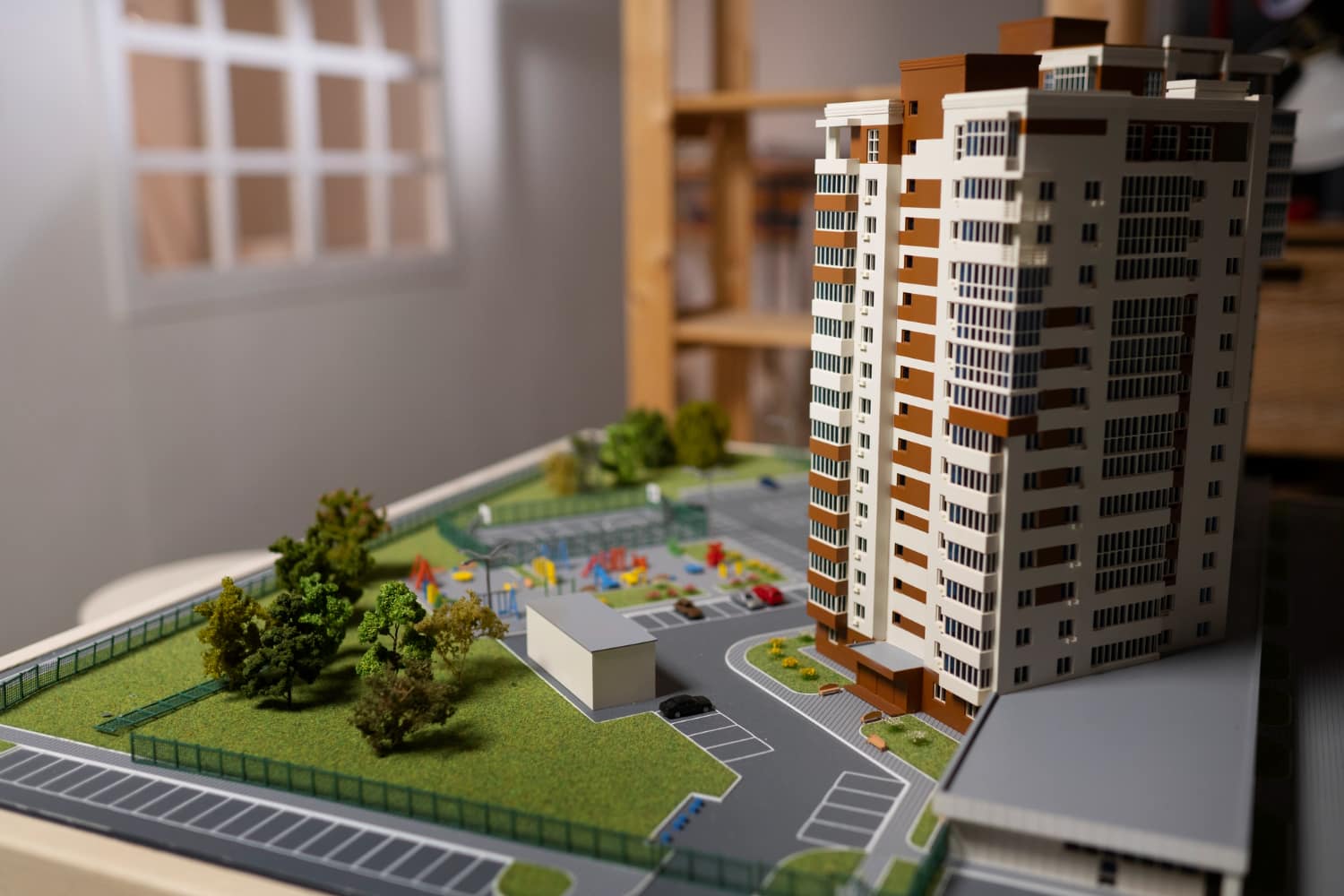
Real estate usually falls into two big groups: commercial and residential. Both can build wealth, but they work in very different ways. If you are new to property, the terms can feel confusing. This guide breaks it down in plain words so you can choose the one that fits your goals. What Counts As Residential? Residential property is any place where people live. Think single‑family homes, condos, townhomes, and small duplexes or triplexes. The value often depends on the local housing market and what nearby homes sell for. Buyers are usually families or individual owners, and rents are paid by households. What Counts As Commercials? Commercial property is used for business. This includes office buildings, shops, warehouses, hotels, large apartment buildings (usually 5+ units), and mixed‑use spaces. These places are run to make income from companies or many tenants at once. How Do They Earn Income? Residential homes earn through monthly rent or long‑term value growth. The rent is tied to neighborhood demand and what people can pay. Commercial sites earn from leases with businesses. These leases are often longer and can include rent increases written into the contract. As a result, income may be more predictable for longer periods. Loans and Costs Residential loans are common, with lower down payments and longer terms. Lenders look at your credit and income. Commercial loans usually need a bigger down payment and shorter terms. Lenders focus on the property’s income, not just the buyer. Closing costs, value checks, and inspections can also differ. Leases and Vacancy Residential leases are often one year, and turnover is higher. When a tenant leaves, you may need to clean, repaint and find a new renter. Commercial leases can run for several years. Vacancy may last longer between tenants, but once a good tenant signs, income can be steady. Daily Management Residential management centers on repairs, rent collection, and tenant care. It can be hands‑on or handled by a property manager. Commercial management adds tasks like common‑area upkeep, parking, signage, and safety rules for workers and customers. Which One Fits You? If you want simpler financing and shorter leases, residential can be a friendly start. If you prefer longer contracts and income tied to business activity, commercials may suit you. Both can be smart moves with the right plan. Commercial and residential properties play different roles. Knowing how they are built, funded and managed helps you pick the one that matches your money, time and risk comfort. With clear goals and the right team, either path can lead to strong results. Sit with us to compare options, run numbers, and see what the market is offering right now.
Enter your email address and we will send you a link to change your password.